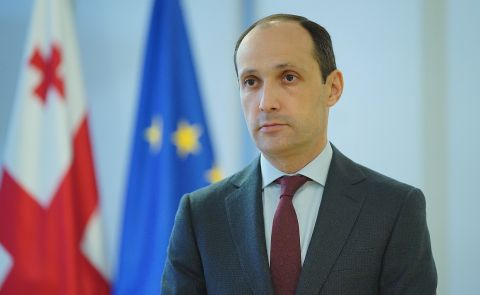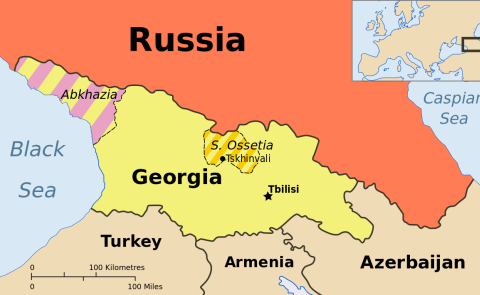
EU Enlargement Commissioner visits Georgia
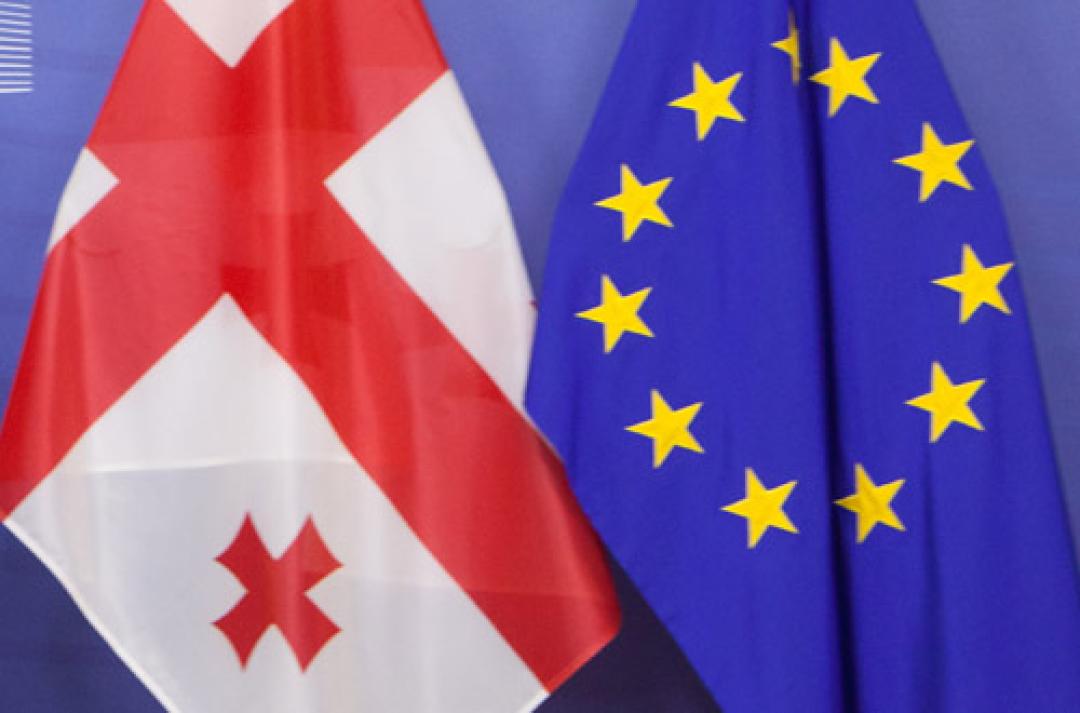
On 7 July, the EU Commissioner for Neighbourhood and Enlargement Oliver Varhelyi visited Georgia where he met with the country’s parliament speaker Kakha Kuchava, Georgian Patriarch Ilia II and Prime Minister Irakli Garibashvili.
Varhelyi thanked Kuchava for returning the EU flag back to its place after it was torn down by the far-right protesters in the country on 6 July (Caucasus Watch reported). The parties discussed the ongoing processes in Georgia, including electoral and judicial reforms, the forthcoming elections, and the work of international observers. Varhelyi also presented the economic and investment plan that the EU is launching for the Eastern Partnership countries (Caucasus Watch reported). At the meeting with the Patriarch, the parties discussed the EU support for Georgia’s territorial integrity.
At the meeting with Garibashvili, the parties reviewed the Free trade Agreement (FTA), regional developments, Georgia’s Euro-Atlantic course, and €3.9 billion EU package to the country’s transport and logistics connectivity. “I once again wish to confirm that our country – the absolute majority of our population – almost 80% supports the European integration of our country. Mr. Commissioner, the decision made by our government and our team was to amend the Constitution of Georgia and define the foreign policy of our country in it. We all agreed that foreign policy of our country is the Euro-Atlantic integration, which is irreversible, which will not be revisited or altered. Of course, we understand it well that this process in a country, which is still a young democracy, tends to face a number of permanent, constant challenges. However, it does not scare us at all, because we understand it well and strongly believe that we will be successful on this path. We are confident that we will become a fully-fledged member of the EU one day,” Garibashivli underscored at the meeting.
Varhelyi stated that the EU stands by Georgia and its people, including in challenging times such as the fight against the Covid-19 crisis and against political polarisation. “We have been extremely proud to provide assistance last year. We have helped to preserve over 400,000 jobs. We provided support to 78,000 families in Georgia, and we have raised the number of intensive care unit beds to over 1,400. But I do hope that it is a thing of the past by now. And we can now the next phase of our cooperation in overcoming the aftermath of the crisis,” he stated regarding the Covid-19 crisis.
The Commissioner underlined that in the political area, progress was made on electoral reform, but that the EU wants to see the same progress in judicial reform. He also condemned the recent attacks during the anti-Tbilisi Pride rally (Caucasus Watch reported). “Freedom of expression unhindered by violence or any discrimination needs to be done away with. All must enjoy the right of reunion, freedom of expression. Therefore, we want everybody to respect this. Therefore, we want to see how the procedures are going on,” he stated.
Speaking on Georgia’s economic challenges, Varhelyi underscored that “the main bottleneck and the main vulnerability of the economy and the society of the country was the lack of connectivity, be it rails and roads, the unused potential of the Black Sea, connectivity to mainland, electricity and internet broadband.” “All these have a major potential to boost the economy of Georgia and to shift it into another dimension. It is for that reason that we have put forward a plan that would address connectivity, would help to create the fine fabric of the economy by supporting SMEs, the local communities, improve access to digital services via broadband internet throughout the country, and also to introduce Georgia to our Green Deal and our digital plans. And maybe Georgia can skip some of the development stages we [went] through and join us immediately where we are now. This plan dedicated to Georgia should bring at least 3.9 billion Euros of investments. It reaches almost one-third of the peacetime GDP of the country – pre-crisis GDP of the country. This is a meaningful, big package, but it is a huge task to implement it. This is a possibility, but we will have to work together very hard to make it happen,” he stated.
See Also

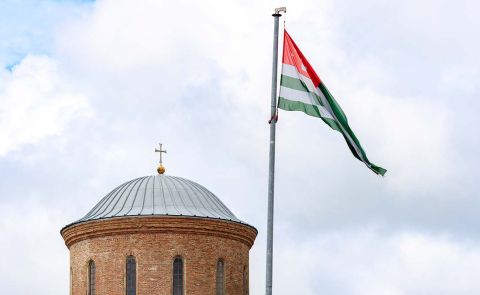
Russia Races Ahead with Air Traffic with Separatist Abkhazia
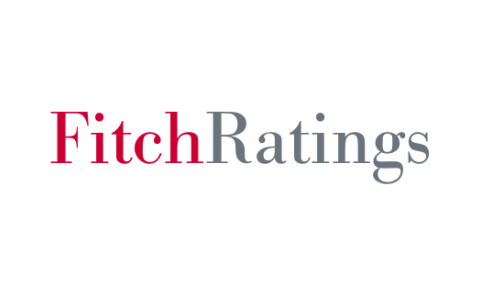
Fitch Ratings: "Azerbaijani Banks Maintain Strong Liquidity Amid Trade-Related Uncertainty"
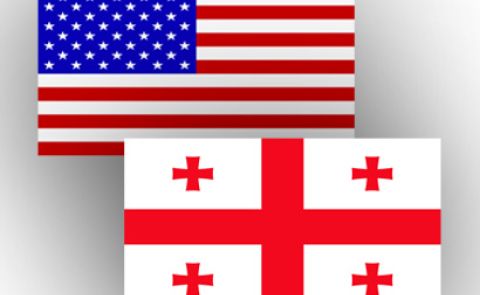
Georgian Official: "Georgian Government and New US Administration Have Full Alignment on Major Issues"
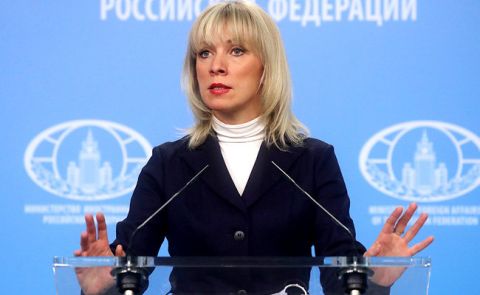
Zakharova Questions EU’s Future and Emphasizes Russia-Georgia Cooperation Amid EU Accession Talks
